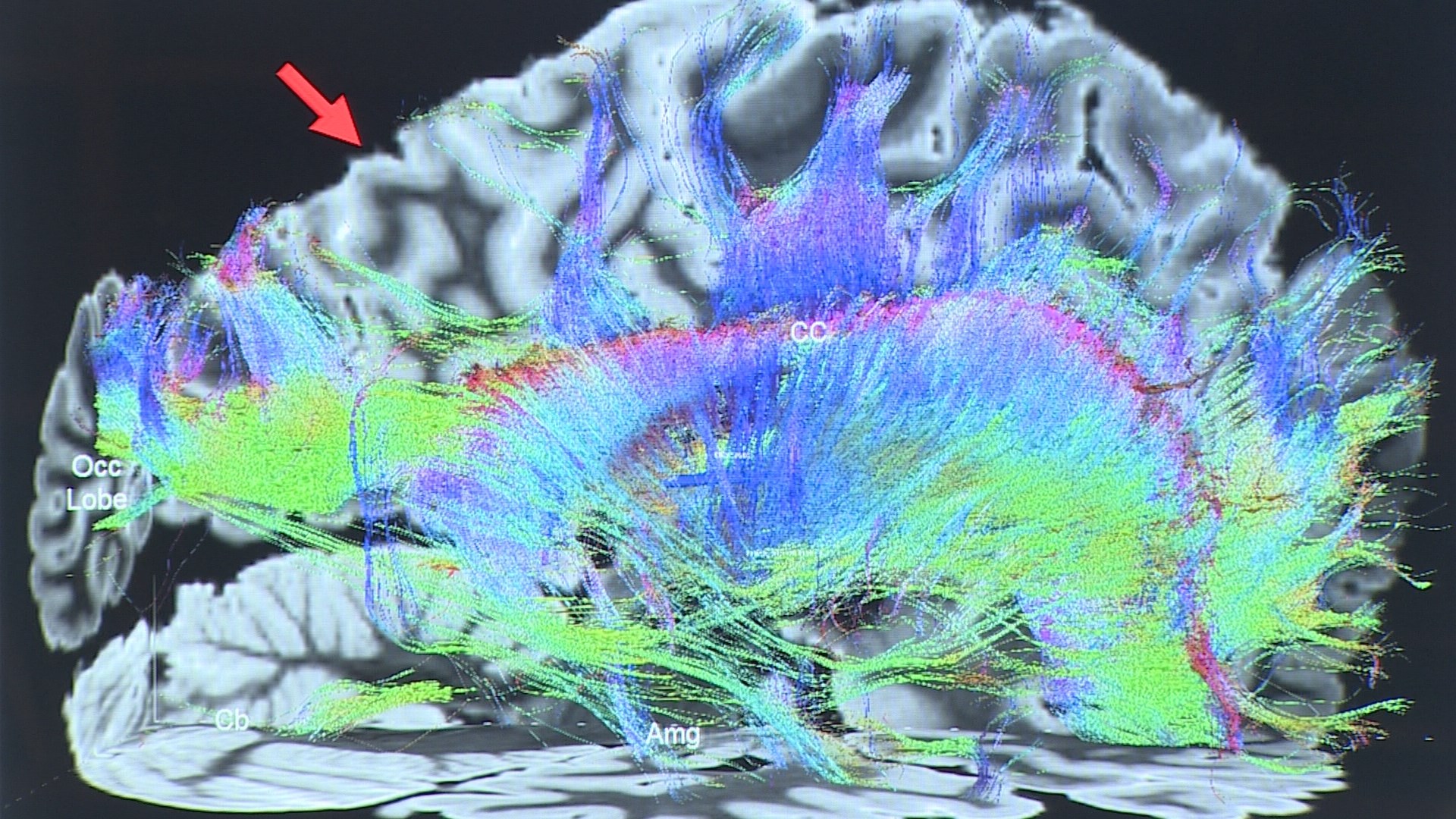About twice a week, a new brain arrives in the research laboratories of UW Medicine.
Some of them come from donors like former Seahawks quarterback Matt Hasselbeck, who announced this week that he's donating his brain when he dies to a foundation that studies the effects of the brain disease impacting many NFL players called CTE.
"It's a tremendous gift to science to donate brains," said Dr. C. Dirk Keene with UW Medicine. "Being able to study brains will add tremendous insight into changes that happen in a football player."
Hasselbeck is not donating his brain to UW Medicine, but the researchers there already have brains from former college and professional football players, as well as military veterans, Alzheimer's patients and others with traumatic head injuries.
There are 2,500 brains at UW Medicine.
Scientists hope to study why diseases develop and what other factors may contribute, such as genetics, diets or prescription drug regimens. This understanding, they hope, could someday lead to better prevention and intervention strategies.
"It's tremendously generous," said Keene. "It will add important information hopefully a long time from now."
For more information on UW Medicine's pathology and brain research program, visit its website.


